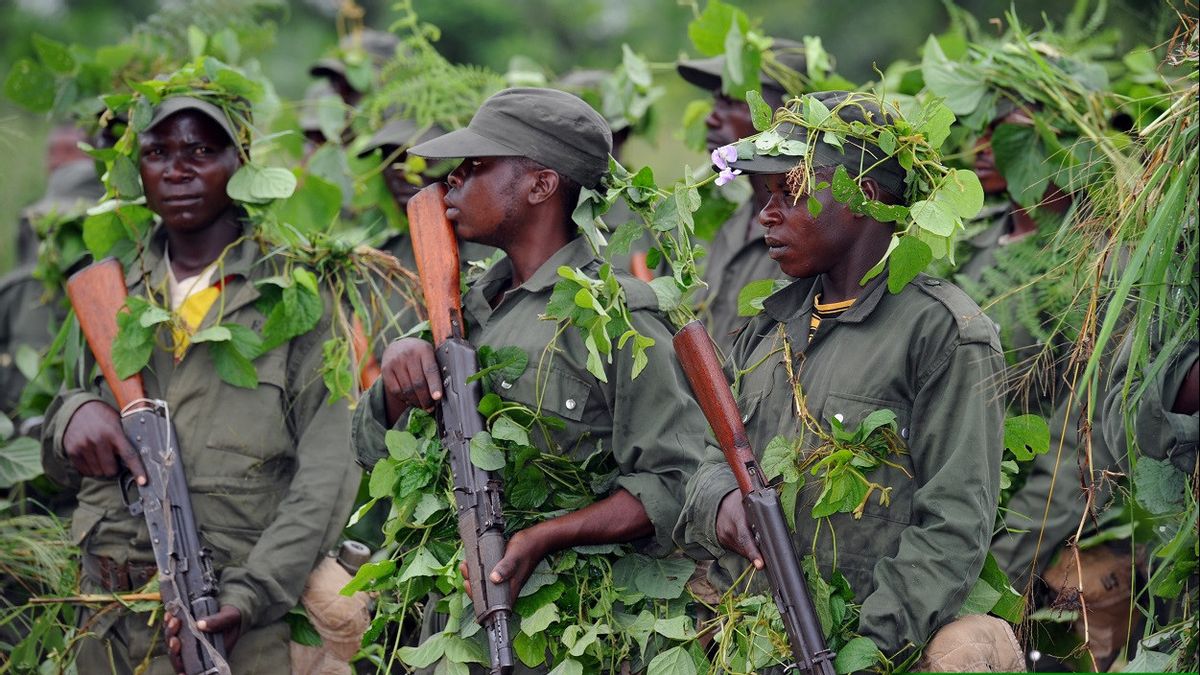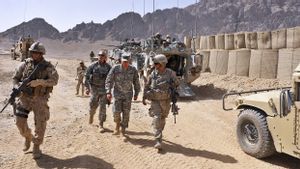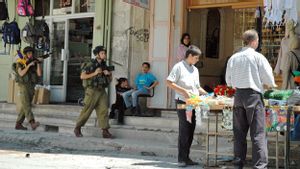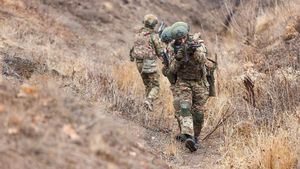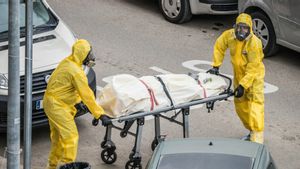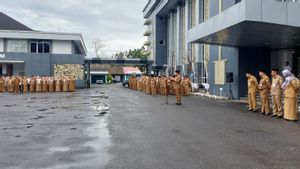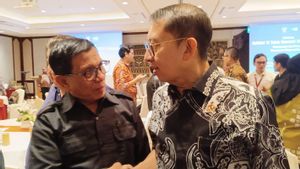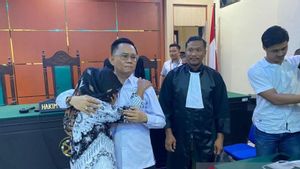JAKARTA - More than 8,500 children were used as soldiers last year in conflicts around the world and nearly 2,700 others died, the United Nations said Monday, June 21.
The annual report read by UN Secretary-General Antonio Guterres to the Security Council on children and armed conflict covers the killing, wounding, and sexual abuse of children, abduction or recruitment, denial of access to aid, and the targeting of schools and hospitals.
The report verifies abuses have been committed against 19,379 children in 21 conflicts. Most violations in 2020 were committed in Somalia, the Democratic Republic of the Congo, Afghanistan, Syria, and Yemen.
"A total of 8,521 children were used as soldiers last year, while another 2,674 children were killed and 5,748 injured in various conflicts," the report said.
The report also includes a blacklist intended to embarrass parties to the conflict, in hopes of encouraging them to implement measures to protect children.
The list has long been controversial with diplomats saying Saudi Arabia and Israel have both exerted pressure in recent years in an attempt to stay off the list.
Israel was never listed, while the Saudi-led military coalition was removed from the list in 2020, years after it was first named and shamed for killing and injuring children in Yemen.
In an effort to quell the controversy surrounding the report, the blacklist released in 2017 by UN Secretary-General Antonio Guterres was divided into two categories. One lists those who have implemented measures to protect children and the other includes those that have not.
SEE ALSO:
There were some significant changes to the roster released on Monday. The only state party named on the list for not taking action is the Myanmar military, for killing, injuring, and sexually assaulting children.
As well as Syrian government forces, for the recruitment of children, killing, wounding, and sexual violence against children, and attacks on schools and hospitals.
The English, Chinese, Japanese, Arabic, and French versions are automatically generated by the AI. So there may still be inaccuracies in translating, please always see Indonesian as our main language. (system supported by DigitalSiber.id)
